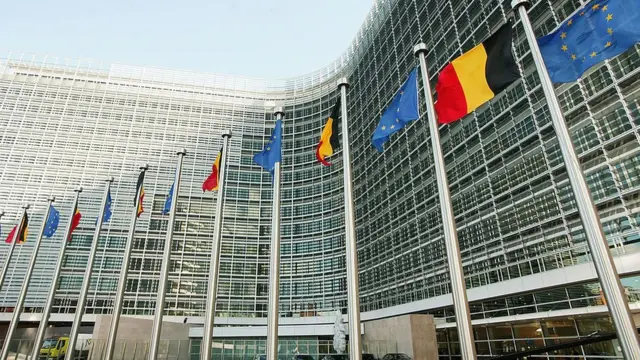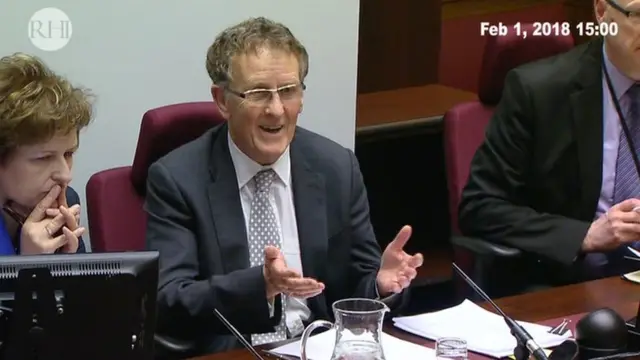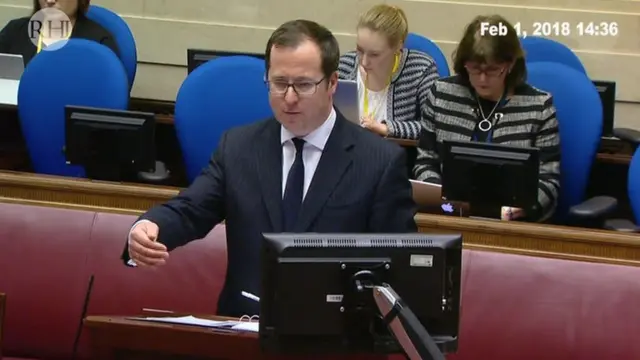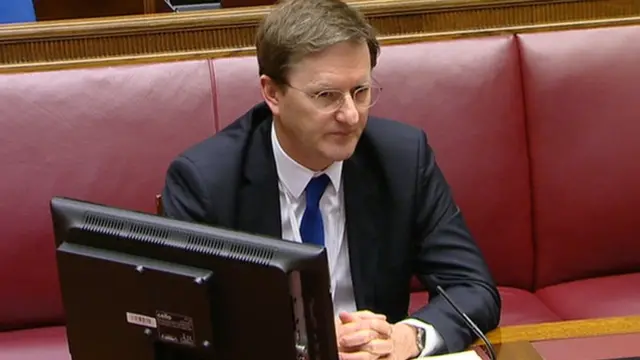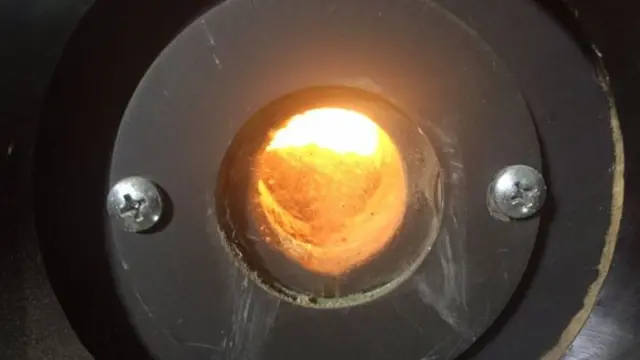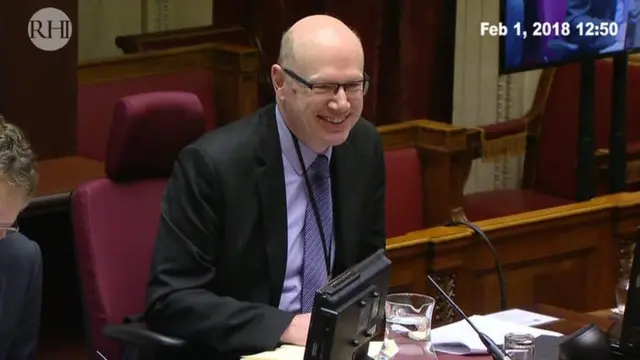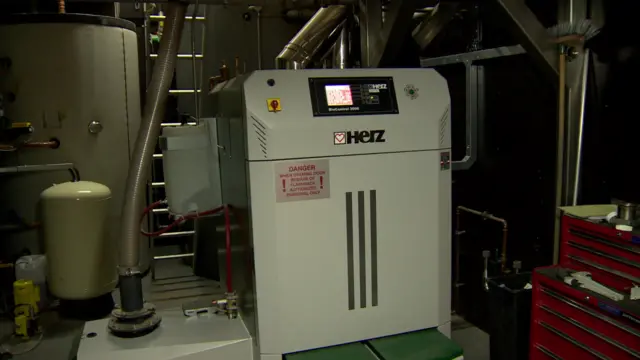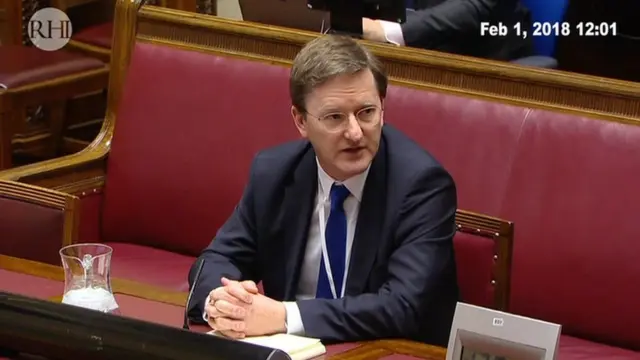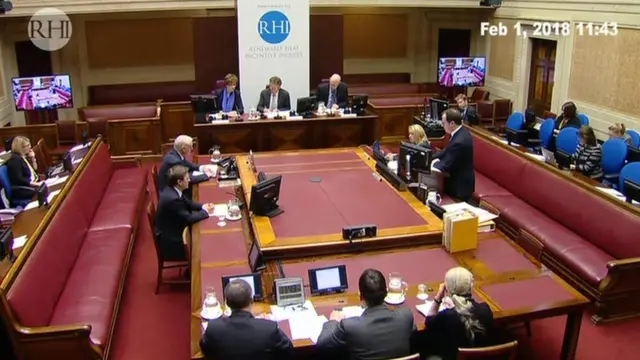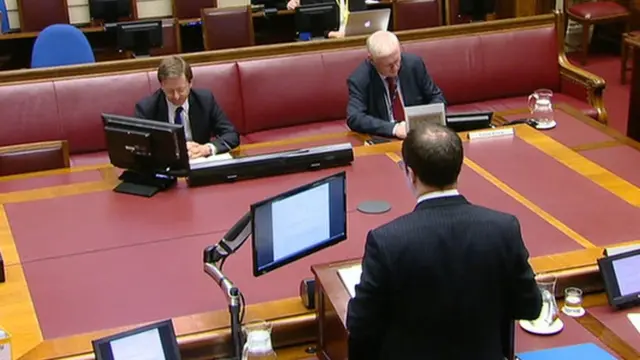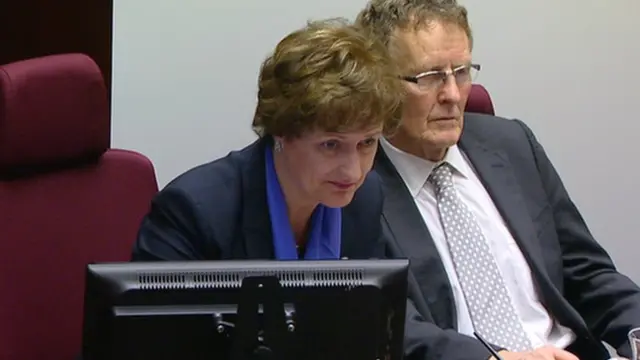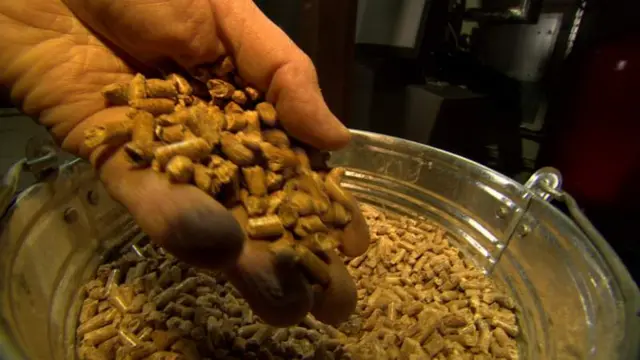That's all for now...published at 15:52 GMT 1 February 2018
With Mr Moore's evidence at an end - for this first phase of the investigation, at least - the inquiry knocks off early for the day.
Given that we've spent several hours examining European state aid law, that might come as a welcome relief to some.
But Mr Moore says his work is "never boring" and he's "always enjoyed it"... and us RHI nerds found his evidence session perhaps weirdly intriguing.
 Image source, AFP
Image source, AFPJoin us again tomorrow for a full day with senior DETI figure Trevor Cooper - we'll have the usual live stream and text commentary from start to finish.
Bye for now!


